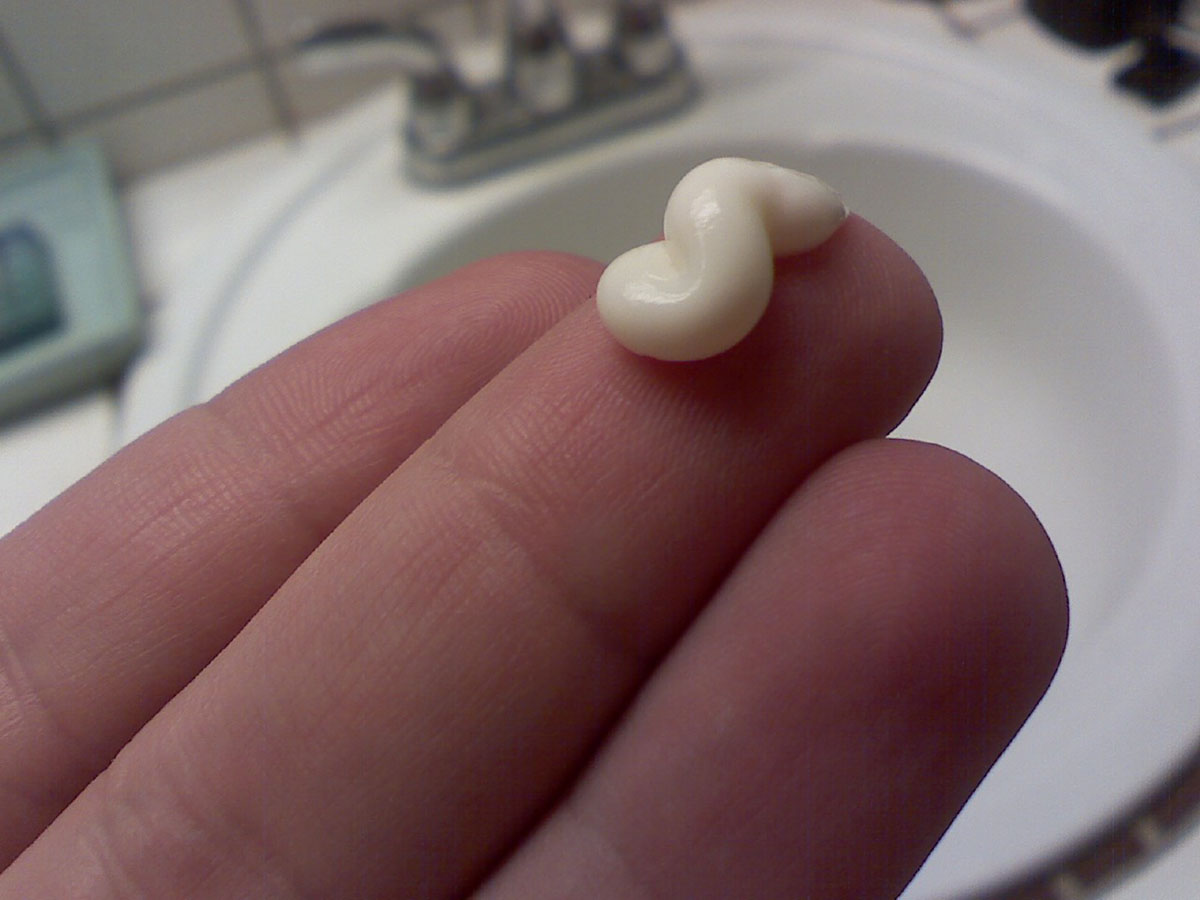Table of Contents
Vitamin C
You know all about the benefits of vitamin C from citrus fruits and supplements, but what can a vitamin C serum do for your skin? First and foremost, vitamin C fights those nasty free radicals that contribute to aging and unhealthy-looking skin. By using a vitamin C serum, you can achieve more youthful looking skin, fade signs of sun damage, and eliminate acne scars. Vitamin C works particularly well on those dark circles many of us have under our eyes.

Are you interested in trying a vitamin C serum out for yourself? While vitamin C comes in quite a few different forms, L-ascorbic acid is the most researched of these. Experienced users recommend that you start with lower concentrations to avoid tingling feelings and initial signs of irritation: you are talking about a very acidic substance here, and building your dose up gradually is advised. Because vitamin C is notoriously unstable, make sure to follow the storage instructions: vitamin C does best in cold and dark environments.
Retinoids
Retinoids are vitamin A derivatives that already have a long track record as a powerful topical acne treatment. More than fighting acne, however, retinoids also do a great deal to keep your skin looking young, making them a rare dual-action skincare product. Retin A — the most well-known brand name — and similar products are prescription-only, and though it isn't hard to get a prescription if you have acne, not all doctors will give one to you if you simply want to fight signs of aging.
Beauty experts know that retinoids are the key to looking young and being acne free at the same time, but you should be aware that retinoids make your skin more sensitive to the sun. Religiously apply sunscreen if you start using any retinoid. Sunscreen, incidentally, is another "magic beauty product" that most of us wrongfully forget about.
Peptides
Skincare can quite a bit too technical for most lay people to truly understand. Peptides are amino-acid building blocks that form the proteins within the skin. Put simply, they play a key role in collagen production, and we all know collagen to be something that keeps skin looking firm, plump, and young. Peptides also reduce inflammation, fight sun damage, and help undo damage caused by exposure to the elements. Found in many moisturizers these days, you will want to look for Palmitoyl Oligopeptide and Palmitoyl Tetrapeptide-7 to get all these benefits.
Alpha Hydroxy Acid
Alpha hydroxy acid is both found in many foods and used in medications that treat fibromyalgia. Lactic acid, a mild form of alpha hydroxy acid (AHA) has been used in skincare since the Ancient Egyptians roamed the Earth. Today, however, they're a buzzword in skincare because their use combats signs of aging as well as acne and dry skin.
READ Retin A: The Skincare Workhorse That Fights Acne AND Wrinkles
Alpha hydroxy acid does come with potential side effects. They include irritation, scarring, and pigment changes — so make sure to use a very good broad-spectrum sunscreen to protect yourself, and use your product exactly as instructed.
- Photo courtesy of @yakobusan Jakob Montrasio 孟亚柯 via Flickr: www.flickr.com/photos/yakobusan/6775916249
- Photo courtesy of @yakobusan Jakob Montrasio 孟亚柯 via Flickr: www.flickr.com/photos/yakobusan/6775916249
- Photo courtesy of shawncampbell via Flickr: www.flickr.com/photos/thecampbells/3350877893


Your thoughts on this